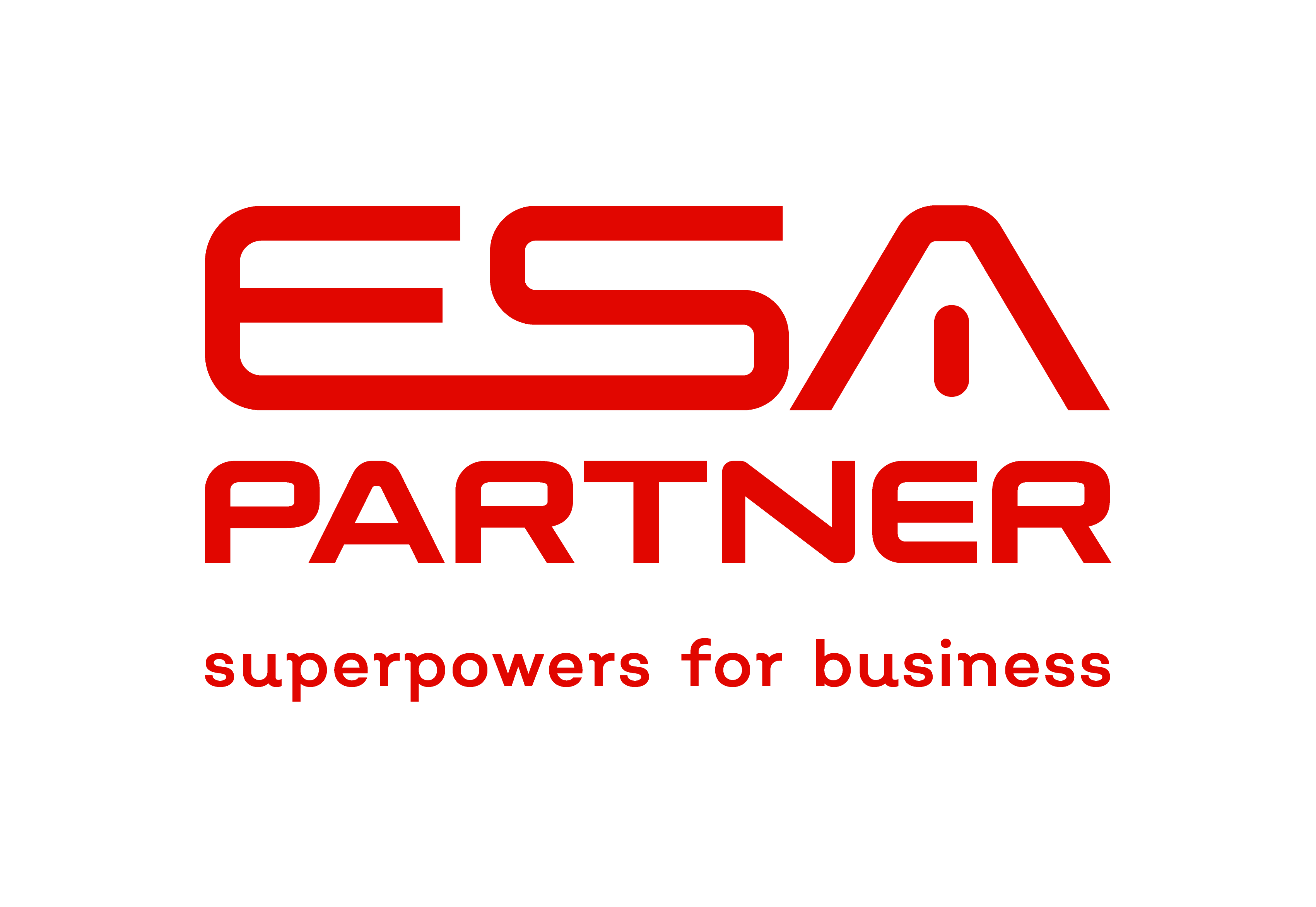Legalities Surrounding Office or Workplace Surveillance
As a business owner, you may be questioning the legalities surrounding the use of CCTV surveillance in workplace disputes or as proof during a CCMA hearing or arbitration or any other legal matter. While many other countries have clear laws surrounding the use of video surveillance which makes it easy to set up and maintain a legally admissible surveillance system. Unfortunately, South Africa does not have these guidelines in place and thus it is hard to establish what is legally admissible and what isn’t.
In past legal matters in South Africa, we see that CCTV surveillance has been accepted many times as sufficient proof of employee misconduct and other legal matters but, at the same time, we see that many times video surveillance has been rejected. Video surveillance will be accepted in legal matters as proof if:
- The surveillance footage is clear, meaning that the video and audio is sharp.
- It must be authenticated, to prove that it has not been tampered with in any way
- It must be proved that the visuals and audio accurately reflect the incident in question and not some other incident
- The evidence provided by the surveillance footage must not be hearsay and must not be contradicted by other evidence
- The video should not be part of an illegal entrapment exercise
In addition to this, a business owner should be aware that when putting surveillance in the workplace with the intent to use it for legal issues, they need to have a policy in place that advise employees and persons on their premises that they are being monitored and that it can be used for legal purposes. Legal entities such as the CCMA and the labour court will accept video surveillance footage in their hearings because:
- It does not suffer from fading memory as human witnesses do
- It provides a clearer picture of the incident more than a person is able to provide
- The camera retains the verbal and non-verbal communications of those being monitored
When implementing video surveillance in the workplace as an employee management tool or for legal purposes, be sure to always be in line with the Privacy Act to ensure that your business is covered and that your footage is admissible if an incident arises.
